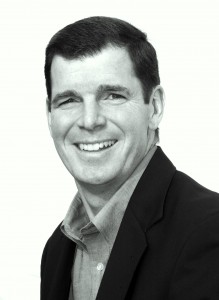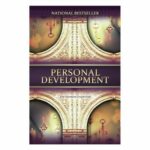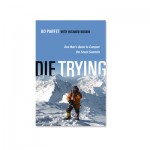 If you are interested at all about the future of wellness and healthcare, then you need go no further than our guest for this podcast Dee Edington Ph.D. Dee is the author of over 500 articles on the subject, and his new book entitled “Zero Trends: Health as a Serious Economic Strategy” certainly is a must read for anyone involved in the delivery of wellness and healthcare solution.
If you are interested at all about the future of wellness and healthcare, then you need go no further than our guest for this podcast Dee Edington Ph.D. Dee is the author of over 500 articles on the subject, and his new book entitled “Zero Trends: Health as a Serious Economic Strategy” certainly is a must read for anyone involved in the delivery of wellness and healthcare solution.
In my interview with Dee we discuss the two major problems that need to be solved: the rising cost of healthcare in America, which is eroding profits at an accelerating rate and leading toward disaster for businesses. As well as the do-nothing approach which is not a solution at all.
Dee suggest that we need to move from a sickness orientated culture to a culture of health, a culture in which we not only care for the sick but also enable the healthy to stay healthy. This is an approach that lowers healthcare costs and as the same time increases productivity and human satisfaction.
Edington quotes Albert Einstein “the world we have made as a result of the level of thinking we have done thus far creates problems we cannot solve at the same level of thinking at which we created them.” It is clear that after all of these years of the same medical approaches to managing health, more doctors, nurses, hospitals, procedures and devices will not solve the problems. Edington disagrees with those in the medical profession and some of the health economists and politicians who argue that prevention and healthy lifestyles will not lower the total costs of sickness or lead to a better way of life for individuals and businesses. The information and data presented in “Zero Trends” will support the argument that improved health status will not only reduce healthcare costs for companies but also increase performance and productivity in the workplace.
The bottom line is that we need to focus on bringing back vitality to our businesses and the people that work in them. The new model for healthcare in America redefines healthcare as a combination of illness and wellness strategies. It is designed to help employers enable employees to become self-leaders in maintaining their energy, vitality and overall performance.
If you are interested in learning more about “Zero Trends” then I highly recommend that you visit the Health Management Research Center at the University of Michigan by clicking here. You can also purchase Dee’s book at this website by clicking this link to take you directly to the book’s landing page.
I hope you enjoy this wonderful interview with a man who has dedicated his career to helping us better understand the challenges we are facing in healthcare.




















